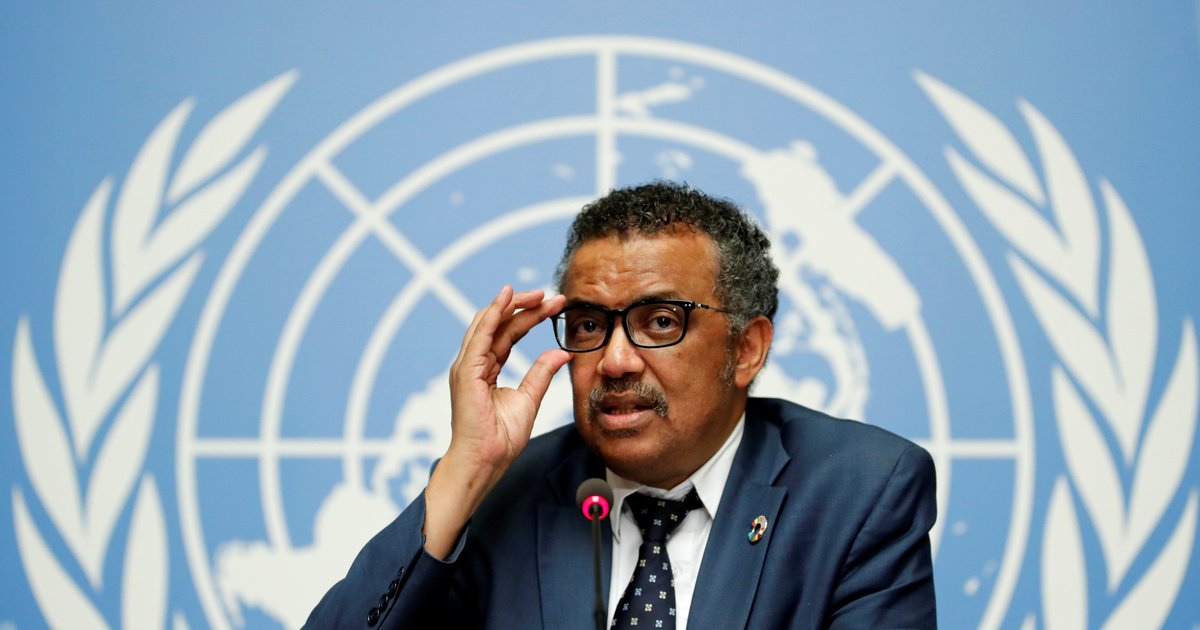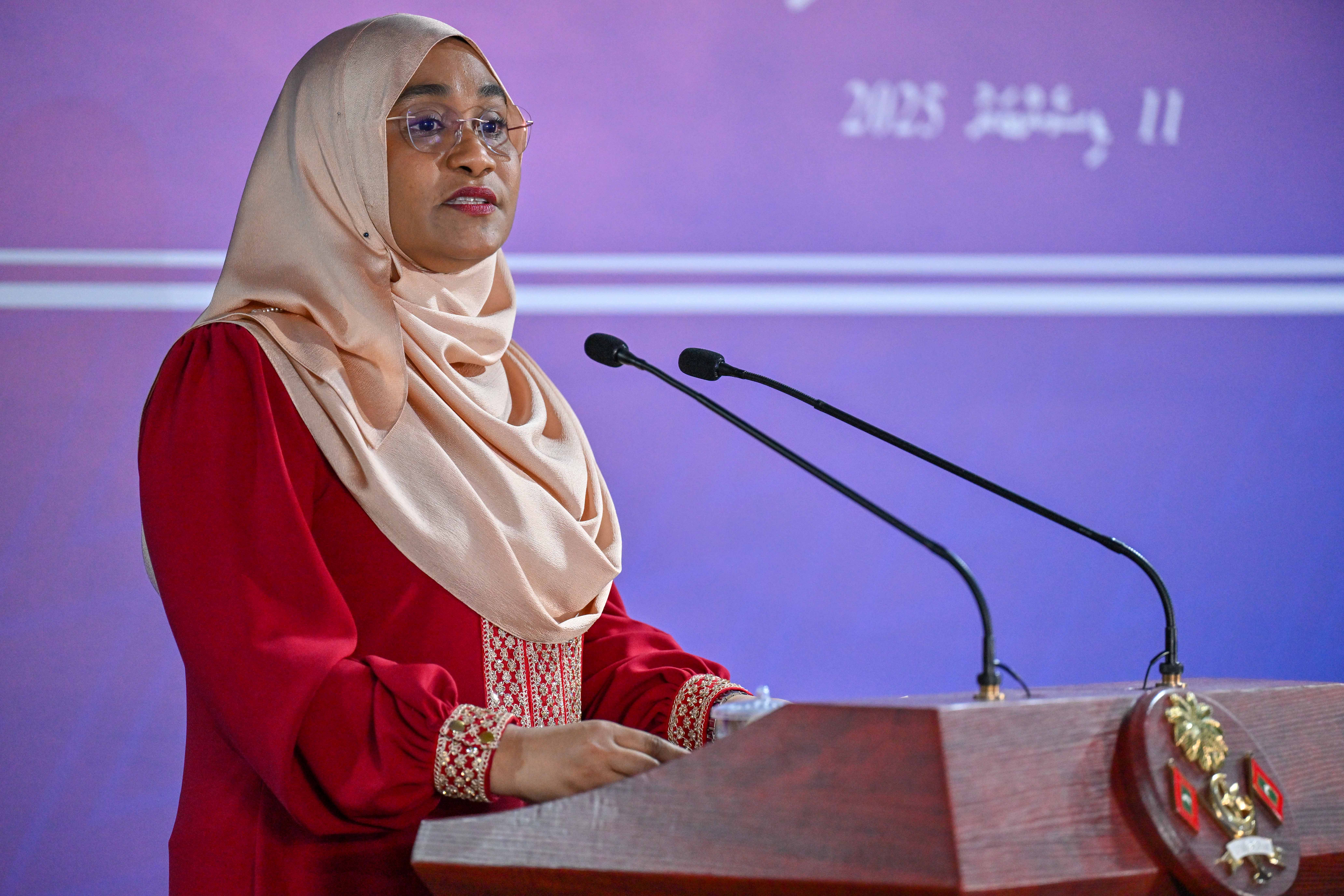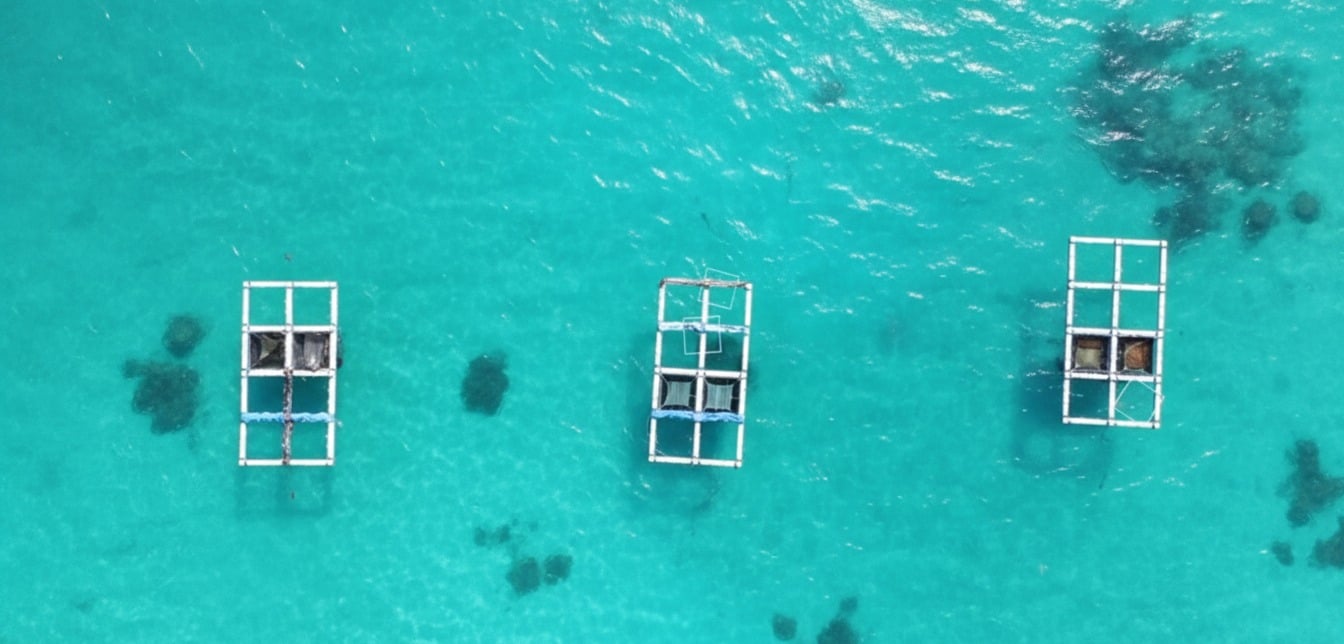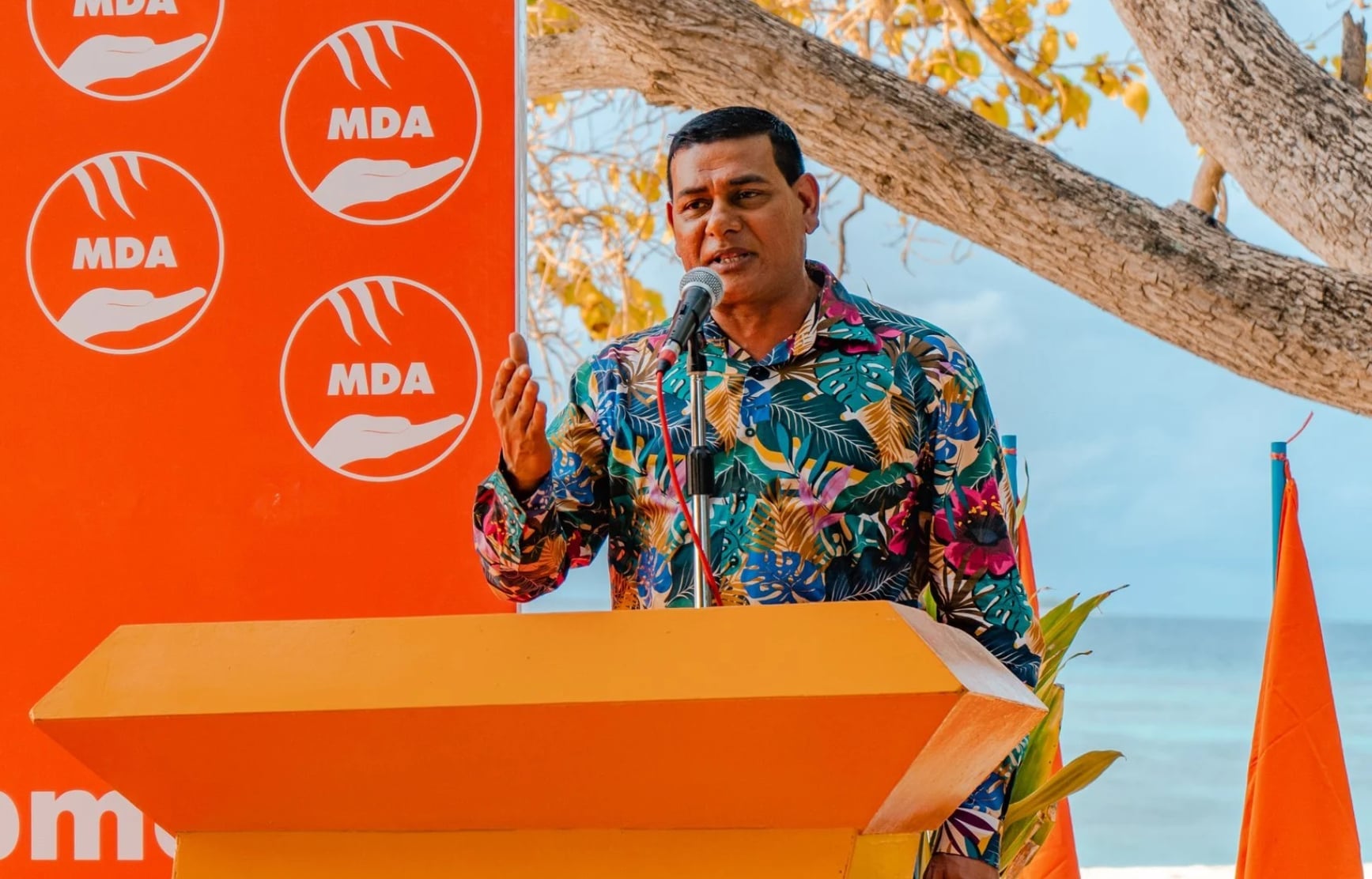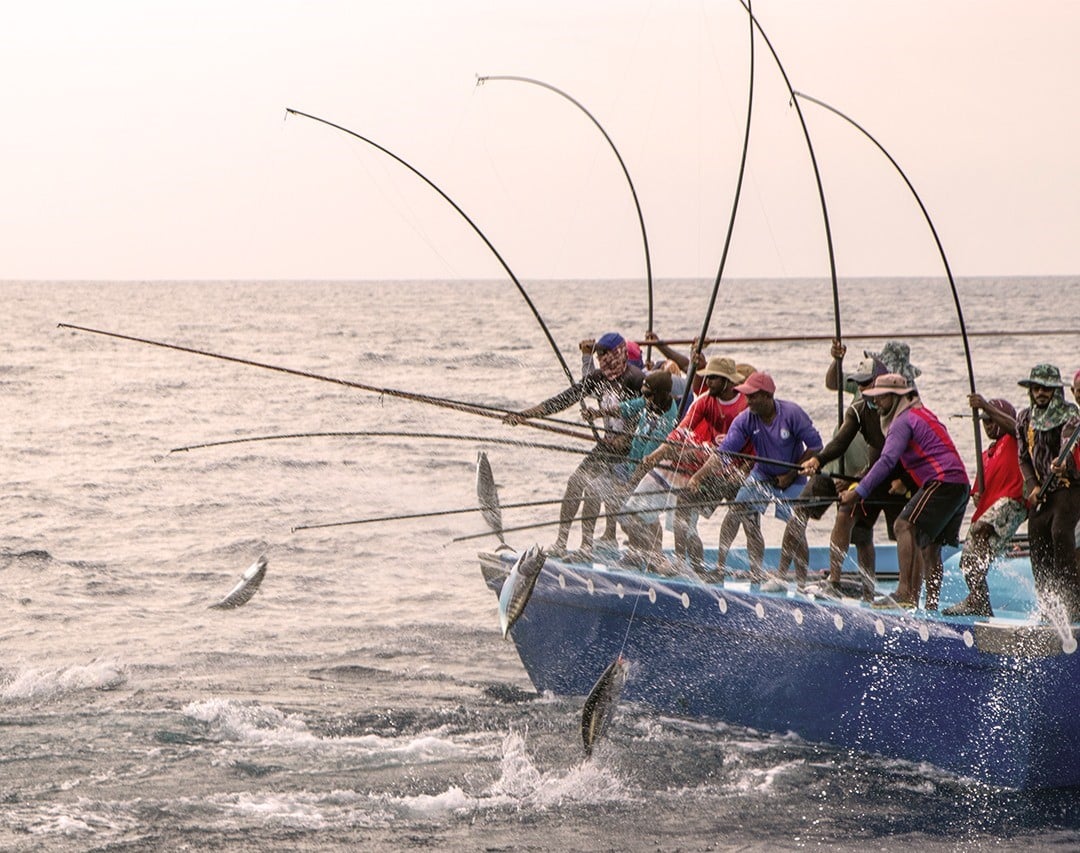Monkeypox is not yet a global public health emergency, said the World Health Organization on Saturday.
The decision comes as the outbreak of the disease related to smallpox continues to spread, affecting at least 4,100 people in 46 countries as of June 24. That includes at least 201 cases in the United States. Those cases have been found in 25 states and the District of Columbia, according to the U.S. Centers for Disease Control and Prevention.
WHO director-general Tedros Adhanom Ghebreyesus convened a committee of experts on Thursday to advise him whether to sound the UN health agency’s strongest alarm over the outbreak.
“The emergency committee shared serious concerns about the scale and speed of the current outbreak,” noting many unknowns about the spread and gaps in the data, Tedros said.
“They advised me that at this moment the event does not constitute a Public Health Emergency of International Concern (PHEIC), which is the highest level of alert WHO can issue, but recognized that the convening of the committee itself reflects the increasing concern about the international spread of monkeypox.”
Tedros said the outbreak was “clearly an evolving health threat” that needed immediate action to stop the further spread, using surveillance, contact-tracing, isolation and care of patients, and ensuring vaccines and treatments are available to at-risk populations.
“The vast majority of cases is observed among men who have sex with men, of young age,” chiefly appearing in urban areas, in “clustered social and sexual networks,” according to the WHO report of the meeting.
While a few members expressed differing views, the committee resolved by consensus to advise Tedros that at this stage, the outbreak was not a PHEIC.
The decision comes as the outbreak of the disease related to smallpox continues to spread, affecting at least 4,100 people in 46 countries as of June 24. That includes at least 201 cases in the United States. Those cases have been found in 25 states and the District of Columbia, according to the U.S. Centers for Disease Control and Prevention.
WHO director-general Tedros Adhanom Ghebreyesus convened a committee of experts on Thursday to advise him whether to sound the UN health agency’s strongest alarm over the outbreak.
“The emergency committee shared serious concerns about the scale and speed of the current outbreak,” noting many unknowns about the spread and gaps in the data, Tedros said.
“They advised me that at this moment the event does not constitute a Public Health Emergency of International Concern (PHEIC), which is the highest level of alert WHO can issue, but recognized that the convening of the committee itself reflects the increasing concern about the international spread of monkeypox.”
Tedros said the outbreak was “clearly an evolving health threat” that needed immediate action to stop the further spread, using surveillance, contact-tracing, isolation and care of patients, and ensuring vaccines and treatments are available to at-risk populations.
“The vast majority of cases is observed among men who have sex with men, of young age,” chiefly appearing in urban areas, in “clustered social and sexual networks,” according to the WHO report of the meeting.
While a few members expressed differing views, the committee resolved by consensus to advise Tedros that at this stage, the outbreak was not a PHEIC.





